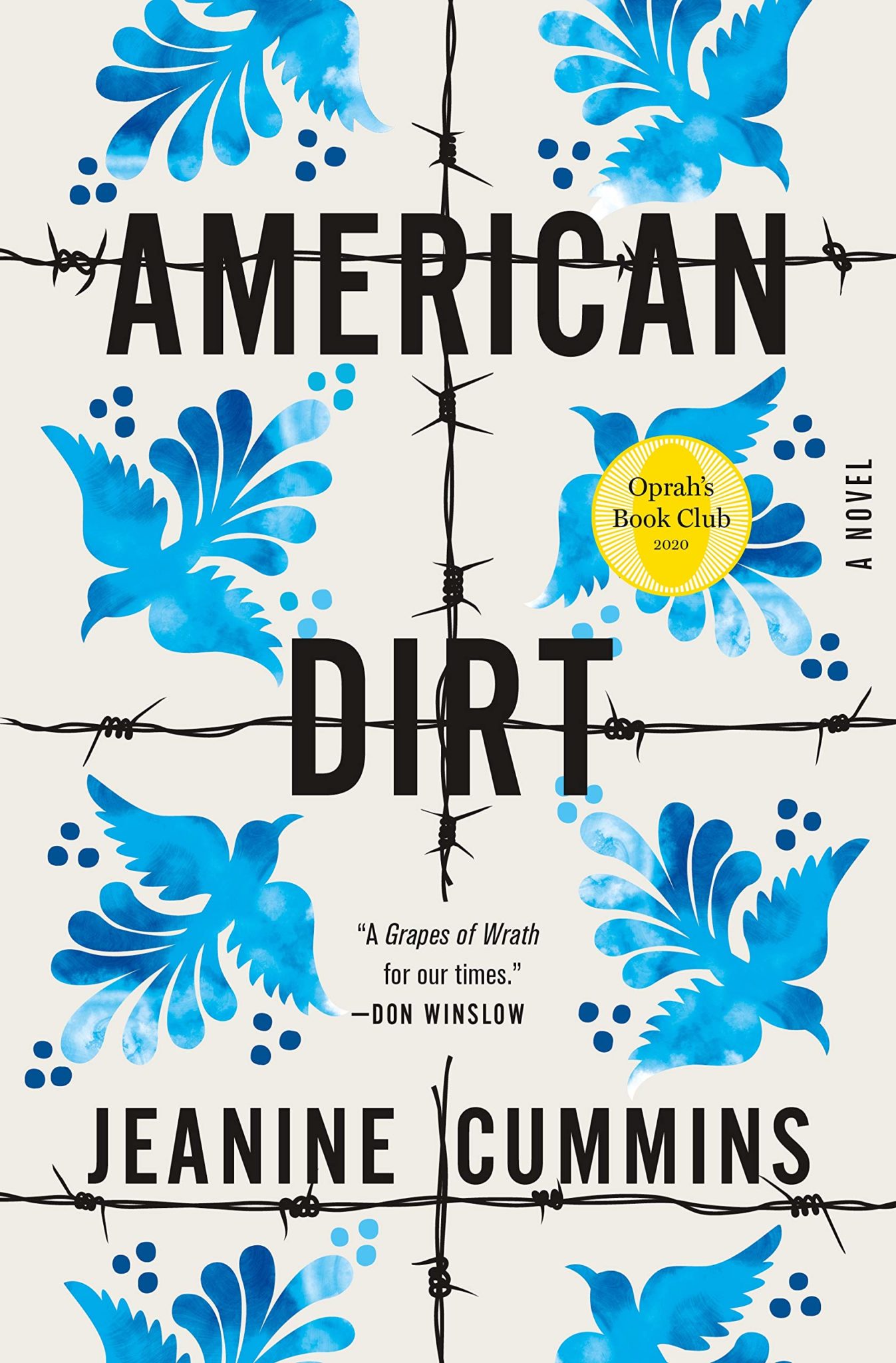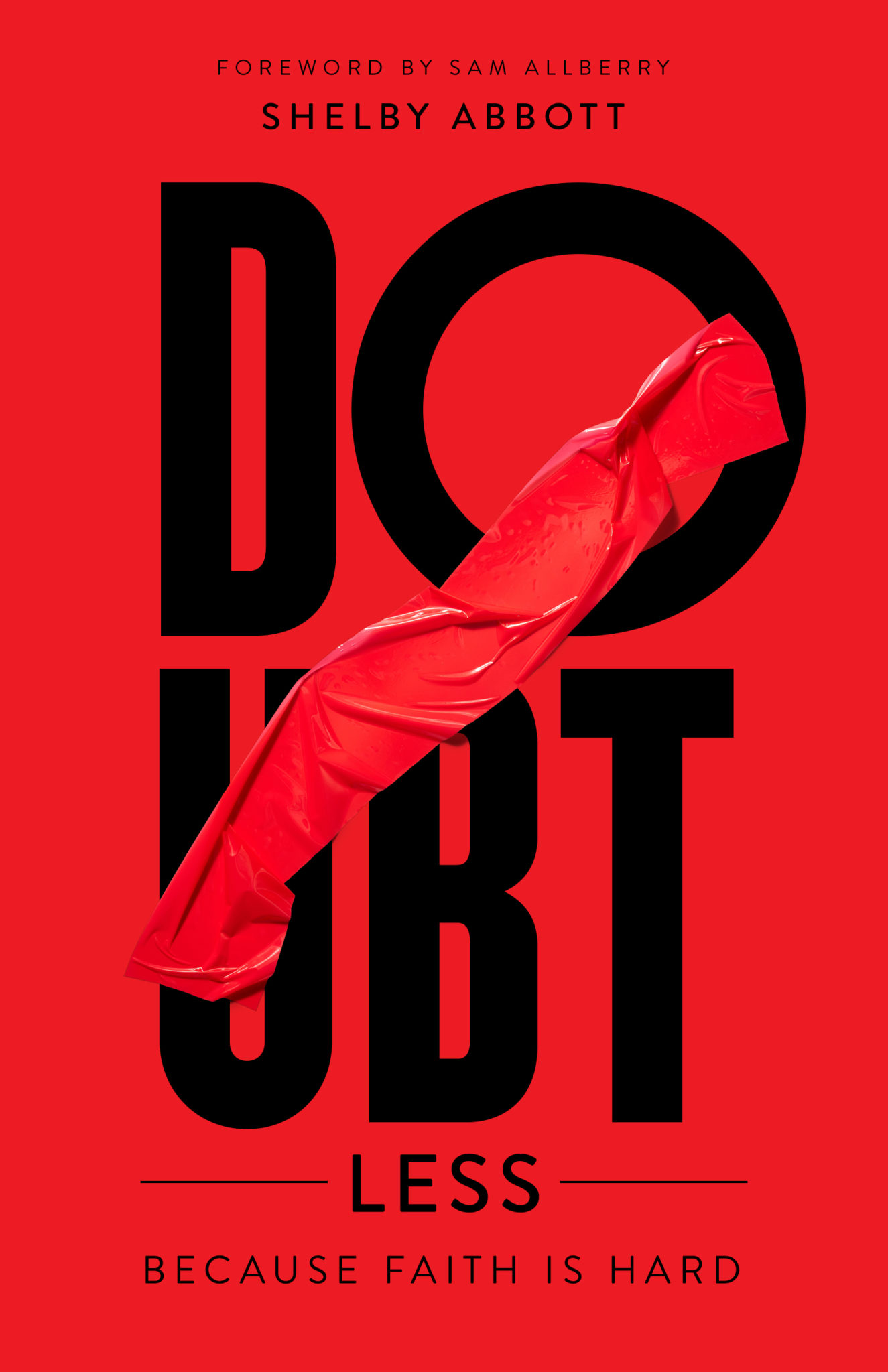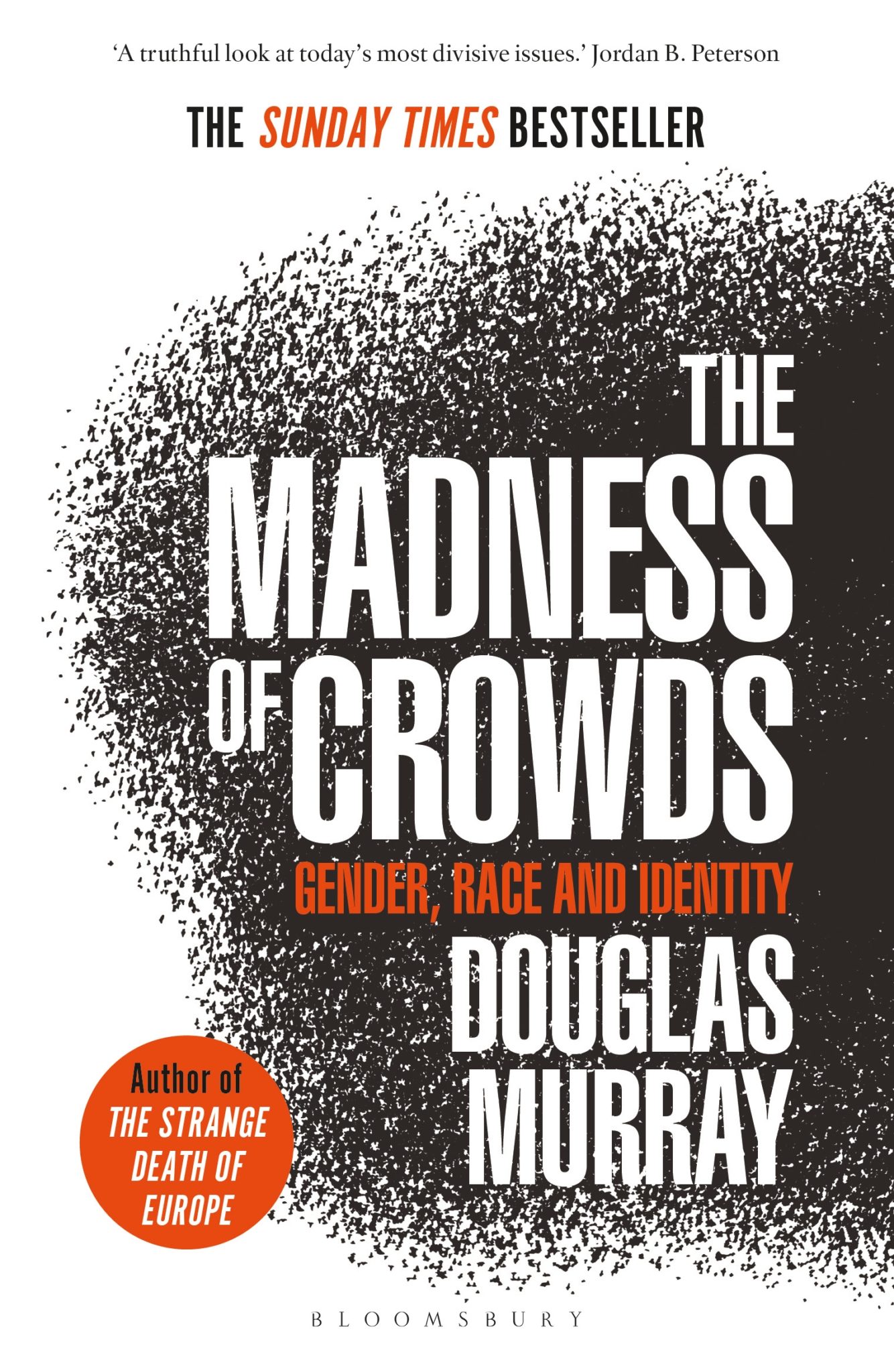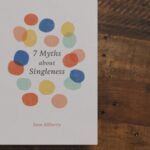- My books this year include Christian, parenting, cultural ponderings and fiction. (Books I have already reviewed on TGCA throughout the year have not been included again, however tempting it was to do so). They are grouped into broad categories below.
Fiction
 Books by Fredrik Backman
Books by Fredrik Backman
Backman was a wonderful discovery for me this year. I devoured Beartown and Us Against You, both set in rural Sweden where ice-hockey reigns supreme and a crime separates the community. A totally compelling read with great insight into the complexities of relationships, and how people act, for better and for worse. For those that know it, it’s like a novel version of Friday Night Lights. A Man Called Ove was a beautiful story of an older man who loves order and pushes everyone away, until some persistent neighbours start to break through his icy exterior. I am waiting eagerly for his new Anxious People to arrive from library hold.
American Dirt, Jeanine Cummins
This absolutely compelling book is heartbreaking and yet hopeful. I wanted to take my time over it, but couldn’t put it down. Lydia’s journalist husband and 16 members of her family have been murdered by a drug cartel in Mexico, and only Lydia and son Luca are overlooked. With few belongings and their life savings in their pocket they flee and head north to “Estados Unidos”. It’s hard reading, and while the violence is not explicitly detailed, you can imagine the horror of their experience. They are fully exposed to the sinfulness of humanity, yet there are moments when the kindness of others comes through.
Heartbreaking and yet hopeful. I wanted to take my time over it, but couldn’t put it down..
The Mandibles, Lionel Shriver
A year ago this would have read like fantastical fiction. However, I read this mid-pandemic and it became alarmingly realistic. Severe economic downturn has hit the US, and we see it played out through the multi-generational Mandible family. Shriver has keen insight into humanity and their varied reactions: some just get by, some flee, some bury their heads in the sand, some turn to whatever it takes to find some money, and everyone is pushed beyond what they ever thought they would have to deal with. It’s the random comments throughout about how society changed that seemed chillingly relevant – there is toilet paper stockpiling, and the recurrence of various diseases means no one ever shakes hands anymore. Aspects of this story have kept returning to my mind over the course of this year.
Christian
 DoubtLess, Shelby Abbott
DoubtLess, Shelby Abbott
While aimed at young adults, anyone with doubts about their faith will benefit from this exploration, which gives tools to develop a healthy sense of godly perspective. It doesn’t deal with apologetics, but rather the issues behind the questions people have. He first considers foundational issues such as realising doubt is biblical and common; the things that can erode faith over time, and then turns to some practical strategies. He encourages us to work through doubts, being honest about them, seeking help and guidance in them, all while growing in a relationship with God, trusting in Jesus and all he has done.
Ready or Knot? Scott Kedersha
After years of searching for a new ‘preparing for marriage’ book, I finally found this one, which ticks almost every box for me. Kedersha addresses 12 topics including: the purpose of marriage, communication, having faith as your foundation, personality differences, family of origin, sex, financial stewardship, friendship, biblical roles, children and church community. Each is founded on scripture, is clear, relevant and includes an extended illustration of one couple giving a personal voice to the content. These weren’t sugar-coated, there were couples who’d had affairs, struggled with anger and had hopes dashed. But all were confronted by the grace of God in their lives which changed their marriages.
Books on Life and Culture:
 The Madness of Crowds, Douglas Murray; Identity Crisis, Ben Elton
The Madness of Crowds, Douglas Murray; Identity Crisis, Ben Elton
Not content with being equal they have started to settle on unsustainable positions such as ‘better’
Murray considers what he calls the four tripwires now laid across culture: gay, women, race and trans. He states each has origins as legitimate human rights campaigns, but at some point have gone “through the crash barrier. Not content with being equal they have started to settle on unsustainable positions such as ‘better’.” It’s a brave man who chooses to dip his toe in these muddy waters, but his analysis is timely, logical and does not hesitate to draw out the inconsistencies of various positions. He suggests one cause is because all our grand narratives have collapsed: religion and politics no longer tell the story, and postmodernity suggested there wasn’t one. He starts to propose some solutions, but there is still some way to go.
If you would prefer to tackle this topic though fiction, perhaps try Ben Elton’s Identity Crisis, where he has again brought his skilled, cutting ability to assess and rip into societal trends. Characters comment on both sides of numerous topics: gender and identity issues; feminism, #MeToo and men that reject it; Christians; nationalistic politics; the revision of history; and the ongoing bile and hatred in the online space. It’s an opportunity to stick the boot into everyone, pointing out inconsistencies in almost all arguments, especially those conducted online. It is insightful, ironic, and at times laugh out loud funny. But it also contains all the strong, graphic hate language that is often used in these situations.
Digital Minimalism, Cal Newport
Newport supports a philosophy of tech use where “you focus your online time on a small number of carefully selected and optimised activities that strongly support things you value, and then happily miss out on everything else.” He expounds his reasons and then details how you might go about doing it. I appreciated his observations, and found compelling reasons to remove myself even more from social media. As Christians though, I think we want deeper reasons why we chose to be more or less digital: surely it comes down to the best way we can love God and love our neighbour.
The Art of Rest, Claudia Hammond
I really enjoyed this, finding even the process of reading it immensely restful. Hammond presents research about what people find most restful, such as exercise, gardening, listening to music, lying in the bath, reading, watching TV, or being in nature. I appreciated her comments about reframing rest: giving yourself permission to rest, keep an eye out inadvertent resting, and reframe your wasted time as rest (eg. that time in line). A helpful book to consider rest overall, the things we personally find restful, and it gives permission to see rest as important and necessary in our lives.
Being Mortal, Atul Gawande
A sobering, insightful yet hopeful assessment of what the end of life could be like when done well. Gawande considers the medicalization and institutionalization of dying, and notes “our reluctance to honestly examine the experience of aging and dying has increased the harm we inflict on people and denied them the basic comforts they most need.” He explores the hard issues and conversations to face as we become more dependent with illness or fragility. This could be a good starting point to help people broach such topics together.
Parenting
The New Adolescence, Christine Carter
Carter’s wise and sensible book provides ‘a handbook for helping our kids thrive in an age of accelerated change’
Carter’s wise and sensible book provides “a handbook for helping our kids thrive in an age of accelerated change”, allowing us to adapt as parents to the two major transformations in our families: the developmental transformation of adolescence, and the technological transformation of the age we are living in. She first looks at how to influence your teen without micromanaging, as you move from manager to coach. Then she considers three core skills for the digital age: connection (with real people), focus (rather than distraction) and rest. It then turns to what the sex, alcohol and drugs, and money talks look like in this new era. Christian parents will likely add to all of these conversations, but the wisdom she brings is of great benefit.
Surviving Year 12, Michael Carr-Gregg and Elly Robinso
I’ll be honest—our household’s Year 12 experience was remarkably chilled this year. Yet, that is not the case for all, and so this new little book by Michael Carr-Gregg and Elly Robinson might be of help for those approaching that stage, although I note with irony that this book about “Surviving Year 12” is written for parents, not students. Wisely, the authors suggest that parents need to back off a fair bit, and concentrate on providing a healthy home environment that does not add to their stresses. It provides solid advice and encouragement to help your Year 12 have the most helpful and productive year possible.
Detailed reviews of these books and many more are on Wendy’s blog















